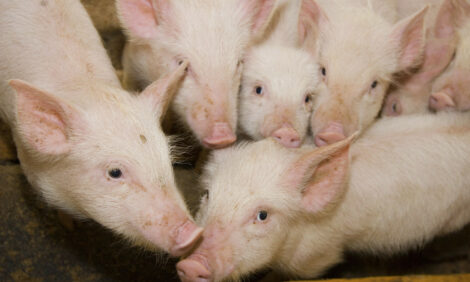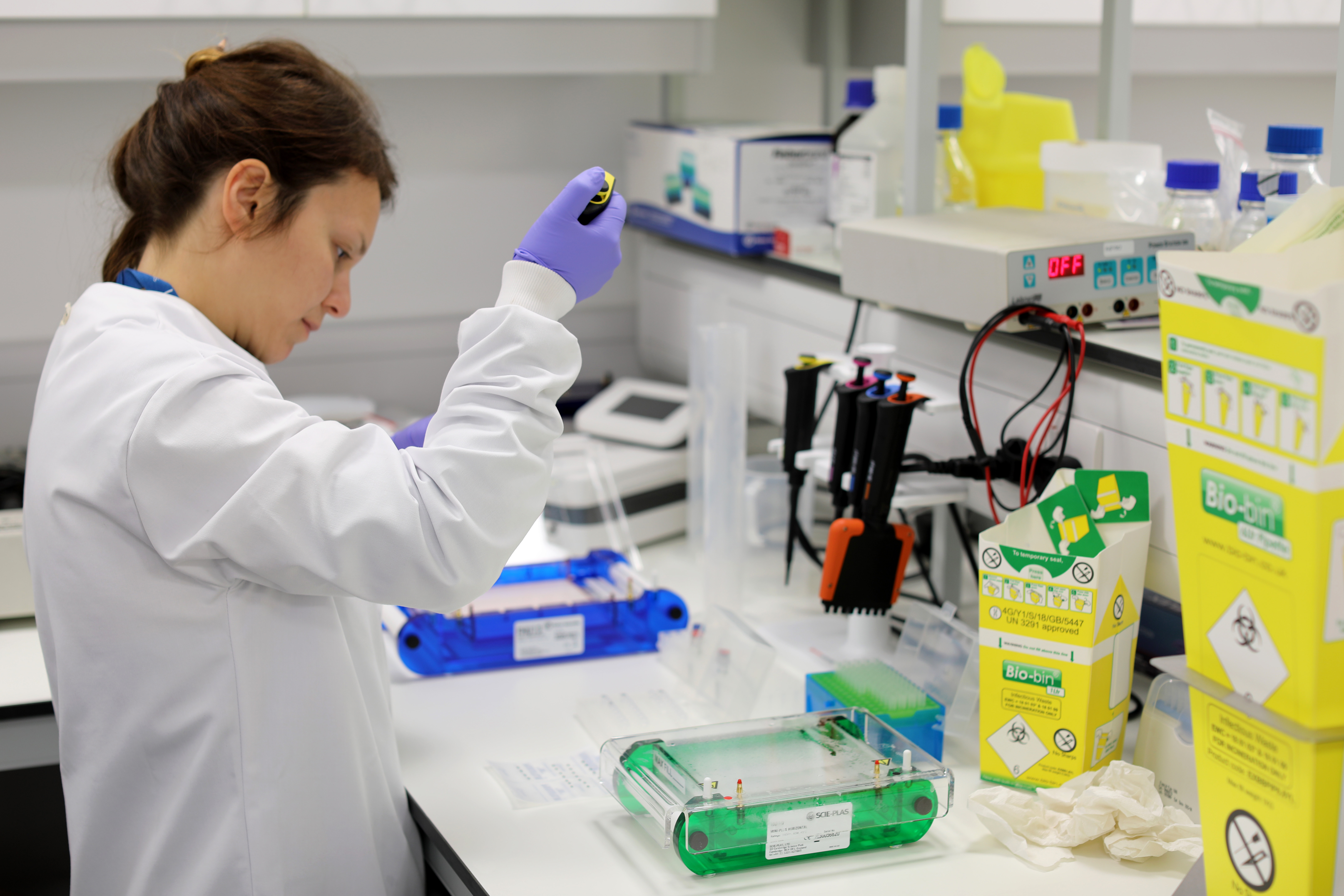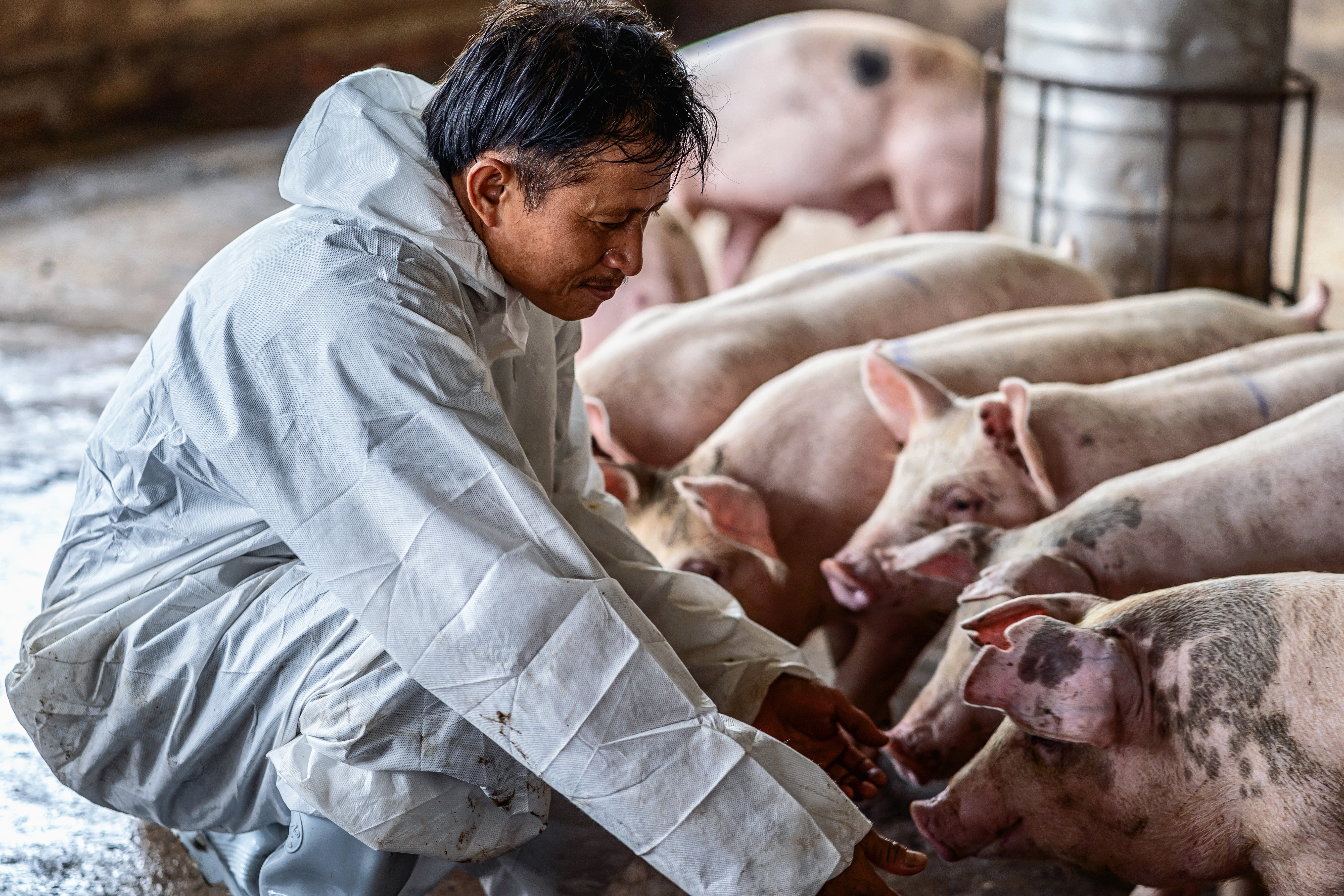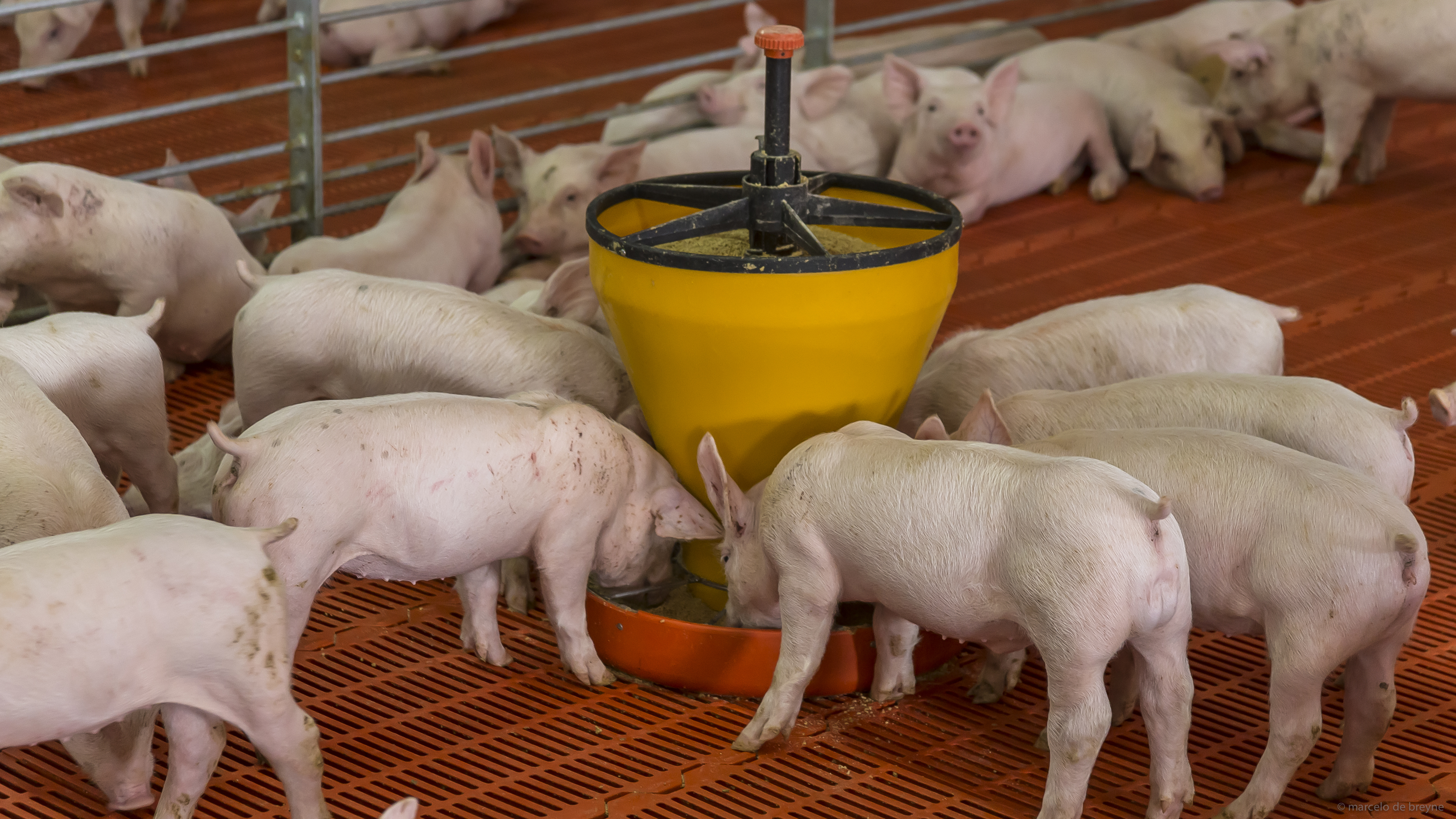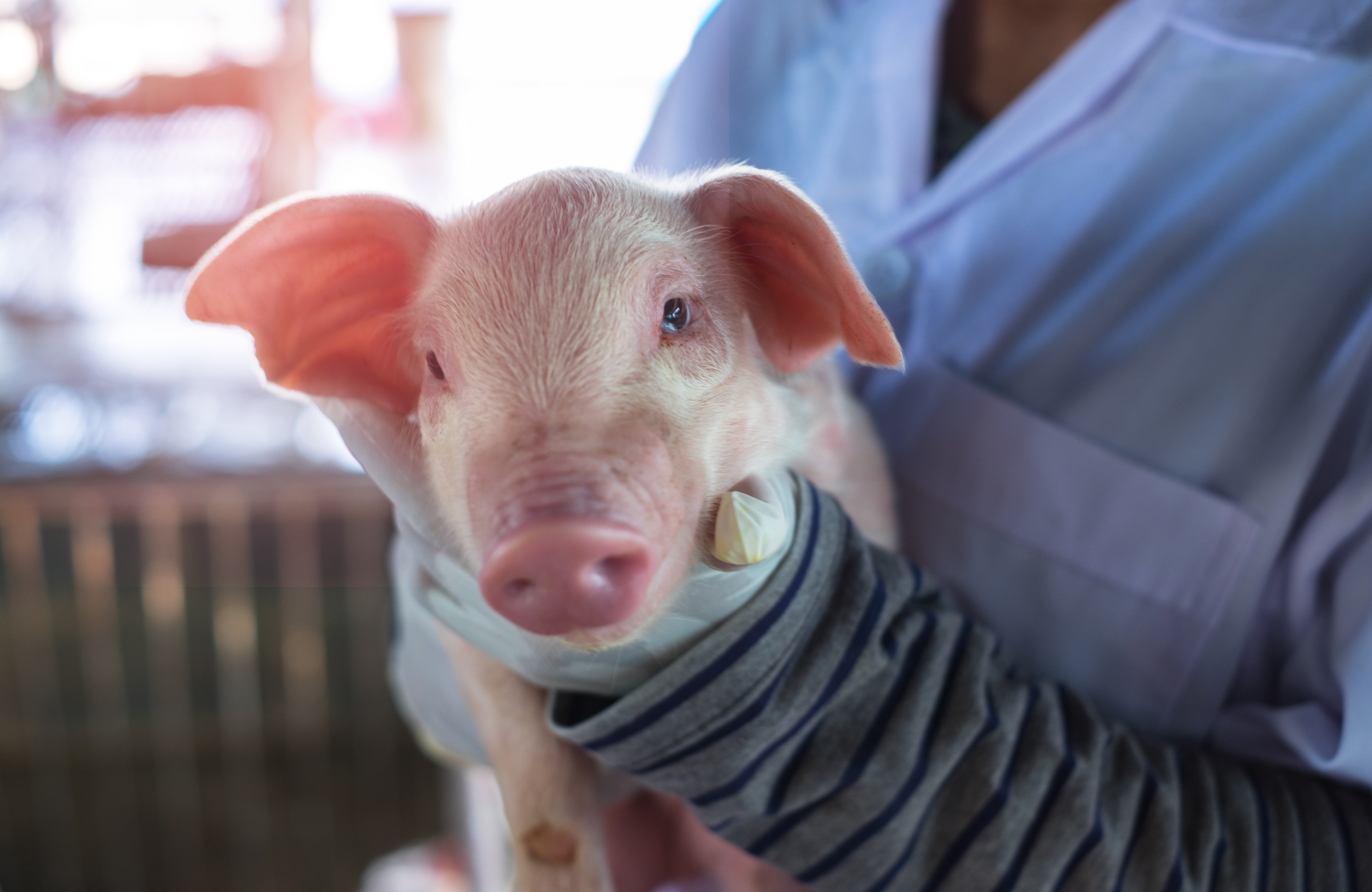



Are sweet vaccines the future for pigs and poultry?
Bruno Oesch, CEO and co-founder of Malcisbo, discusses Malcisbo's carbohydrate targeted, orally administered vaccines for pigs and poultry.Part of Series:
< Previous Article in Series Next Article in Series >
Animal Health Investment Europe is a premier investment forum showcasing the most exciting investment opportunities in animal health and nutrition and connecting those businesses with financial investors and strategic corporate partners. Taking place 26 and 27 February, the forum promises to be an exciting insight into innovation in nutritional health, data analytics, sensors and diagnostics.
The Pig Site has procured a host of investors and emerging innovators taking part in the forum to talk trends, technology and turning startups into thriving businesses in the pig and poultry sectors.
This week, we spoke to Bruno Oesch, co-founder and Chief Executive Officer of Malcisbo, and one of the finalists for the Innovation Showcase.

What sets your company apart from others in the market working to develop products aimed at providing a solution for the same challenges?
Malcisbo is developing orally administered vaccines using bacterial carbohydrates as immune targets as opposed to the usual approach of using protein targets. It is well known that specific carbohydrates of pathologic bacteria are excellent immune targets as exemplified by conjugate vaccines like Prevnar 13 or Menactra yet, in the veterinary field the technology has not been used because the cost is simply too high. We have now developed a system (Malcisbo’s glycoplatform) which allows us to generate the vaccine directly in a vaccine strain, thus reducing the production cost and making it feasible for the veterinary market.
How are your products an innovation on technology that already exists in the industry?
Conjugate glycovaccines are well known in the human vaccine field yet the production cost is very high. We have simplified the system by transferring the genes required for the synthesis of the carbohydrates from a pathological bacterium into a bacterial vaccine strain while preventing that strain from making its own surface carbohydrates. The resulting strain displays the carbohydrates of the pathologic bacteria on the surface and acts as an excellent vector for a strong immune response.
How will administered, in-feed vaccines benefit both farmers and their animals?
We intend to have a range of live vaccines which farmers may use in drinking water or as a nasal spray. Easy application and high efficacy by stimulating a strong mucosal immune response will allow the farmers to reduce their use of antibiotics while still raising healthy animals.
Vaccination will be easier for the farmer and, depending on the regulation, may not need the presence of a veterinarian. Furthermore, it will simplify handling of the animals.
Have you done any on-farm, commercial-scale trials of your products?
Our products are not yet on the market. We intend to introduce an anti-Campylobacter vaccine for chickens in 2023.
Were there specific challenges you faced but have overcome during the development of your products?
Working with carbohydrates is much more complex than working with proteins. The technologies for analysis of carbohydrates also lag behind those available for protein expression. Lastly, there is quite a gap in basic knowledge as to why and how certain carbohydrates are synthesised.
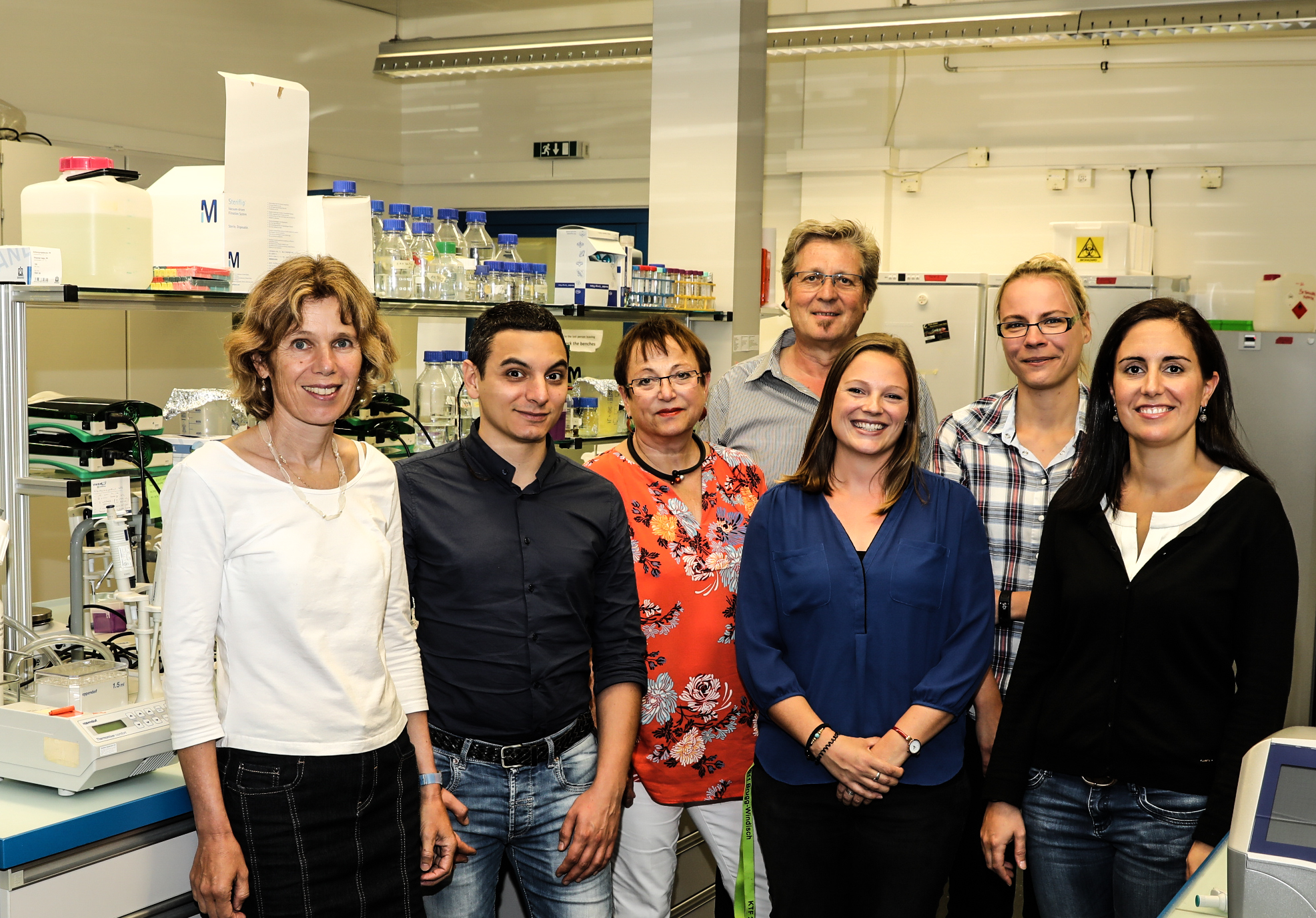
What type of investor are you aiming to attract?
The ideal investor for Malcisbo is able to provide sufficient funds to allow us to finish the vaccines we have started (Campylobacter and Actinobacillus pleuropneumoniae) as well as to rapidly expand our technology to meet our other targets. Furthermore, it would be very helpful if the investor understands what we are doing ie, the science, the timelines, the funding requirements and the veterinary market. Such (Swiss Army knife) investors rarely exist so we gladly invite all other investors to participate in our venture.






